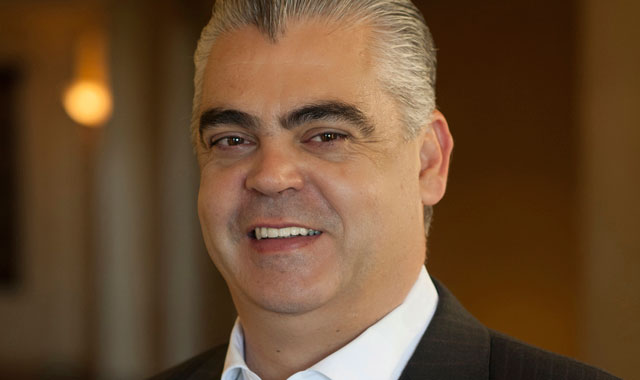
Cell C said on Friday that it had lodged an application in the high court in Johannesburg to review communications regulator Icasa’s 2014 wholesale call termination rate regulations, introduced in October last year.
Those regulations softened “asymmetry” that had previously more strongly favoured Cell C and Telkom’s mobile arm. Termination rates govern the fees operators may charge each other to carry calls between their networks.
“Cell C does not agree with the current call termination regulations as promulgated by Icasa in September 2014. In order to obtain a copy of the record leading to Icasa’s decision to promulgate these regulations, Cell C had to lodge an application in December 2014 with the south Gauteng high court to review these regulations,” Cell C CEO Jose Dos Santos said in a statement.
He said the record comprises “all correspondence between Icasa and the network operators and other parties, Icasa’s meeting minutes, reports from Icasa’s experts, presentations and other documentation that shows what process Icasa followed and what information it relied on in making its decision”.
“Once Cell C has received the full record and has studied it in detail together with its legal advisors, economists and other experts, it will decide what further steps to take in this matter.”
Last September, Icasa announced it intended to slash the very favourable rates that smaller operators, including Cell C, received from bigger rivals Vodacom and MTN from well over 100% to 50% from 1 October 2014, with further reductions to follow from 2015.
The two bigger operators had argued that it was grossly unfair that they had to pay Cell C a higher rate for calls they sent to the smaller operator than it sent to them, especially since it had been in the market for 14 years already.
Icasa had been required in terms of a high court order to the finalise the new rate regulations by no later than the end of September last year. The court had found that its earlier regulations were unlawful and invalid, but citing the public interest implemented them anyway for a six-month period while the new regulations were being drafted.
After the new rates were announced, Dos Santos accused Icasa of making a “dramatic U-turn”.
“The massive proposed reduction in asymmetry completely eliminates any pro-competitive remedy,” he said. “Icasa is now only proposing a marginal cost recovery, which is not, in terms of many international benchmarks and literature, the basis on which asymmetry is determined.”
He warned at the time that Cell C could challenge Icasa in the courts. — © 2015 NewsCentral Media




